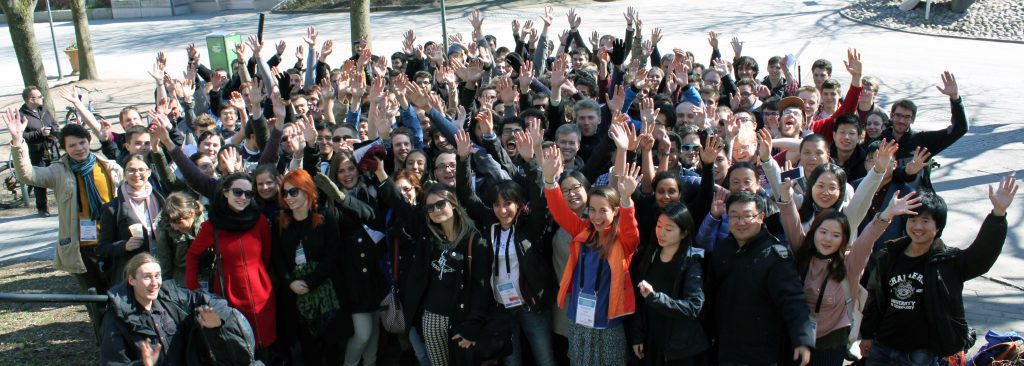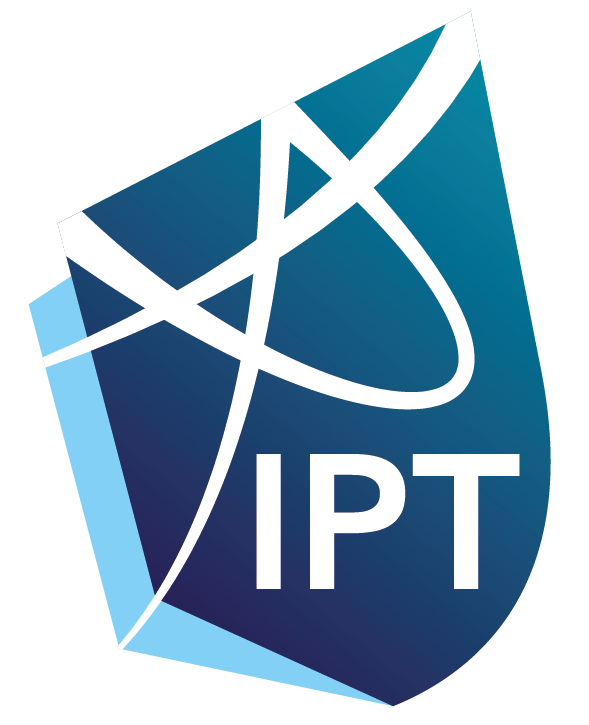Send your IPT Problems!
The problems for the next IPT are now being accepted. The deadline for problems proposal is May 21st. If you or some of your colleagues have some suggestions of problems we would be delighted to hear from you.
Before submitting, please check if your propositions suit the tournament’s format and the criteria by which we will select them for the long list:
- The problem originality. This criterion is very important as many bright ideas can come to different brains and in different years. It is also very important that the problem has not been solved in literature already.
- How challenging is the problem? The best problems should be deep enough so that they can be approached first in a simple way and then better solved in a profound and deep way.
- Does the problem formulation allow for a theoretical and experimental solution (although we also occasionally accept purely theoretical or experimental problems)?
- Does the problem solving comply with basic safety regulations?
- Is it reasonably easy and/or cheap to perform experiments on the problem?**Problems that could benefit from high-end equipment may be accepted. However, their number is kept small in order not to penalize the teams running on low budget
The problems can be adapted from their original formulation to better fulfill the above criteria. As a reminder, here are the lists of problems for past IPT editions.Please distribute this letter to all the people you know that may be interested in contributing in our database of problems. We need new interesting problems, and if you or your colleagues may propose something meeting the criteria above, it will be great help for the IPT.
The problems should be sent only to problems@iptnet.info. We should acknowledge good receipt within three days.

The problems selection process
The problems selection procedure is currently following the steps below:
- Once the problems have been gathered, a special committee is formed and is in charge of building a shortlist of a maximum of 80 problems from the long list of all problems submitted. The shortlist needs to be ready two weeks after the deadline for problems submission. The shortlist is built by grading the problems using the criteria above.
- The shortlist is distributed among the IOC representatives and former participants for the voting. Every voter is invited to add comments on the problems.
- The grades are then averaged and the problems with higher grades are examined once more one by one, taking into attention all the comments, concerns or evidences of non-originality that arose during voting. Furthermore, the problems are selected in such a way that more fields of physics are present in the final list.
This year, we decided to open the selection process from long list to short list to anyone interested to help. If you want to join the committee working on it please contact us before May 15th at problems@iptnet.info mentioning your status (student, PhD, senior, etc.) and explaining in a few sentences what is your motivation. You may also be able to assist us if you are a native English speaker as we may ask you to help us in improving the phrasing of the problems.
